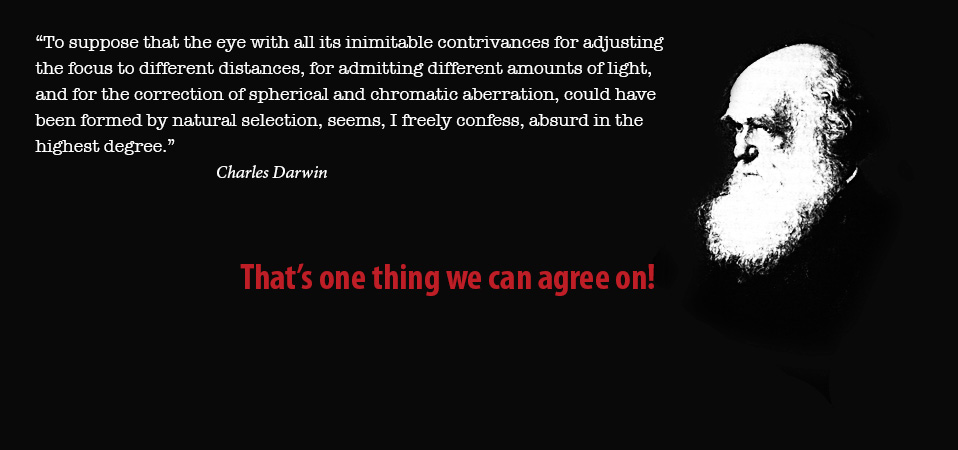
It is important to interpret the genitive as the ancient hearer or reader would have done.Ĭontextual cultural and historical perceptions with regard to the eye and sight are investigated. However, such an interpretation is anachronistic. Many scholars regard the eyes as windows through which light enters into the body, interpreting the genitive in the phrase as an objective genitive. In this article I argue that the meaning of this passage can only be understood once one is aware of the ancient understanding of vision. While most scholars concur that it has something to do with greed and envy, they fail to clarify why this is the case. For the modern reader this logion of the eye is puzzling. Jesus alludes to ancient conventions of the eye and light in his teaching on treasures, undivided loyalties and anxiety with regard to the necessities of life. If then the light within you is darkness, how great is that darkness!
An eye for an eye in the bible full#
But if your eyes are bad, your whole body will be full of darkness. If your eyes are good, your whole body will be full of light. In the Sermon on the Mount Jesus makes use of a masjal about the eye as the lamp of the body: Keywords: Gospel of Matthew vision and the Bible Sermon on the Mount lamp analogy the eye as a lamp in the New Testament It is important to interpret the genitive in the phrase as the ancient hearer or reader would have done. In this article I argue that the meaning of this passage can only be understood when read according to the ancient understanding of vision. While most scholars concur that it has something to do with greed and envy, they often fail to explain this correlation between inner attitudes and the physical eye.

School for Biblical Science and Ancient Languages, North-West University, South Africaįor the modern reader the logion 'The eye is the lamp of the body' is puzzling.

A contextualised reading of Matthew 6:22≢3: 'Your eye is the lamp of your body'


 0 kommentar(er)
0 kommentar(er)
